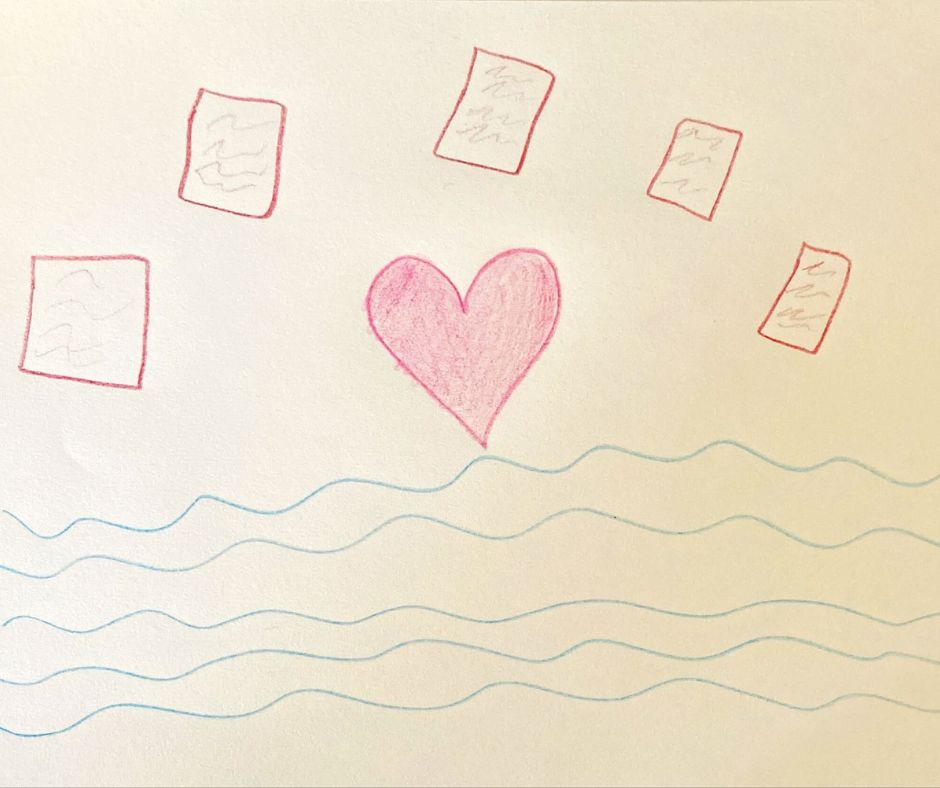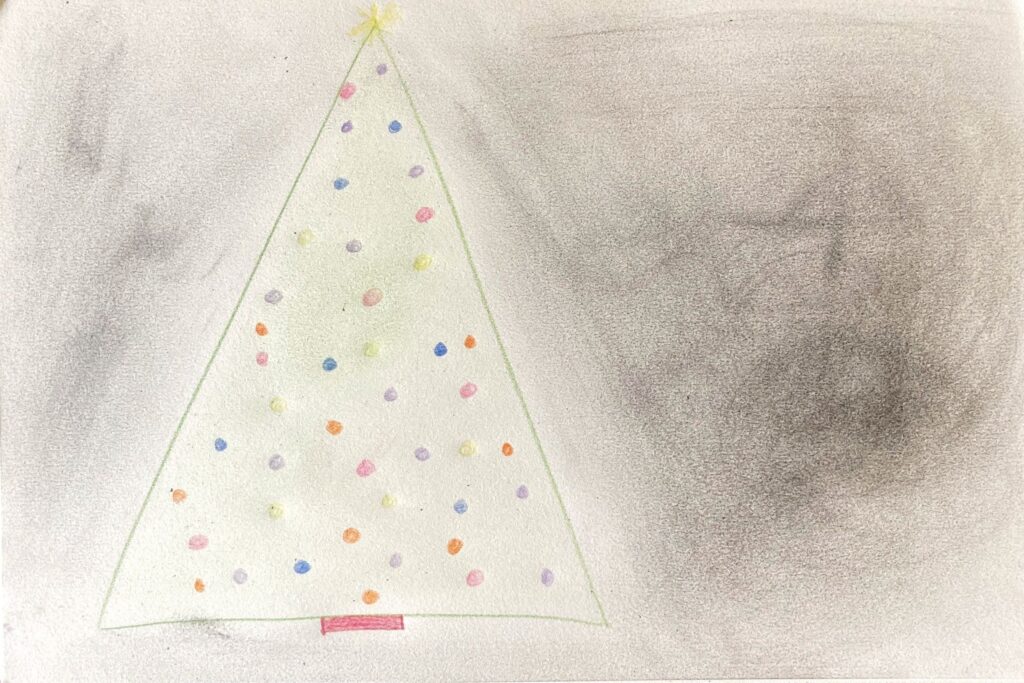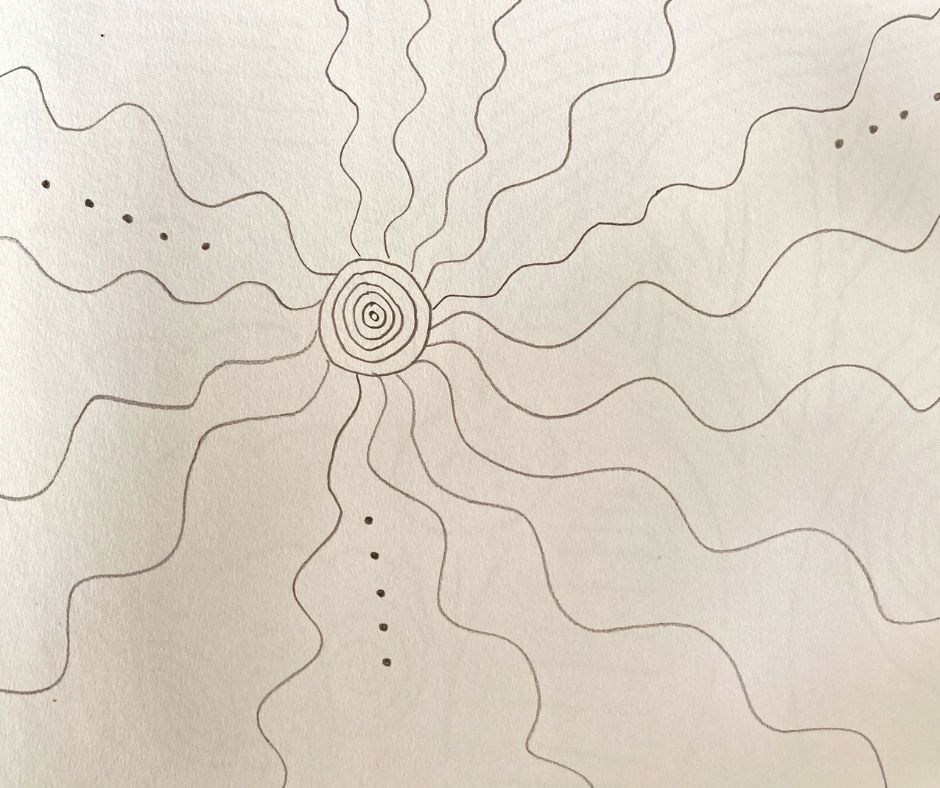
Grief is devastating for anyone.
As an adult, you have an advantage in grieving. That advantage is your brain development.
All things being equal, by the time your brain is fully developed (around age 25) you have learned how to process grief. If you haven’t encountered grief before, hopefully you have learned to seek help in processing your grief.
Children’s Brains Struggle To Process Grief
For a child, the lack of brain development means that processing grief is very difficult.
For an undeveloped brain, comprehending death and the existential issues around it, is extremely difficult. Adults struggle with this. So children will struggle even more without the tools yet to be developed to help them.
Grief In Children Resurfaces At Each Developmental Stage.
The younger the child, the more undeveloped will be their ability to process their grief. It is now known that grief in children will resurface at different stages in their childhood and even into adult life.
It is important to be aware of these difficulties and be ready to support your child.
The developing brain is learning. That is how the brain develops. But without support, the brain cannot learn. The brain needs to learn how to process Grief.
Attending To The Trauma Of Grief
Grief is a trauma. It is dysregulating. A child experiencing grief will be thrown into a major fight/flight/freeze stress response. They will also lose their connection to others and feel very isolated and alone.
Many people think they just have to sit their child down and talk to them and that will help. But a dysregulated brain can’t learn or reason so talking to a child in this situation will not work.
The 3 Steps
There are 3 steps to reaching your child and helping them to learn how to process their grief.
The steps are as follows:
Step 1. Regulate
The first thing you need to do with your child is help them regulate their fight/flight/freeze response and become calmer.
One of the best ways to do this is to be as calm as you can. Research has shown that children cope well with traumatic events when their parents remain relatively calm and can maintain as much as possible regular routines. The main thing is that your child feels safe. They need to feel that you can still protect them. In a world that has just fallen apart with the loss of someone important, knowing you are still there is vital.
Do the best you can
Obviously, if you are grieving as well, it is going to be hard to regulate yourself. You are likely to be crying and finding it hard to focus.
This is the pain of parenting. There are times when you have to put your own needs aside to attend to the needs of your children. It is natural for you to do that, and it may be necessary. But don’t put off attending to your own needs for long. It is okay to be crying when you seek to regulate your child.
After all, your child needs to see you grieving to learn it is okay to be sad and cry, but life still goes on.
One of the best ways to regulate is to hold your child. That helps them to feel safe and also gives you a sense of safety as well.
Step 2. Relate
Holding your child is part of the next step as well.
You help your child to regulate, to feel safer and still cared for.
Now you help them by establishing a connection. Holding your child will help them feel connected to you. This will mean they feel less isolated and alone.
Being Attuned To Your Child
Relating also involved being attuned to your child and their needs. It means you will stop and seek to understand what your child is thinking and feeling. Depending on their age, this may involve (when appropriate) making a general statement such as:
“It is really sad and frightening that x has died.”
This would work best for a young child who may still be learning to understand their emotions. Acknowledging what you sense they are experiencing helps them to feel understood.
For an older child you may ask them what they are feeling. Or you may wonder if they are feeling sad because you are.
It is important to not hide your feelings and allow your child to see you are sad too but that your sadness won’t stop you caring for them.
Be Attuned For A Long Time
Remember that I earlier mentioned that grief in children takes longer and is revisited at each developmental stage.
It is important to keep that in mind. Even after the initial period of adjustment to death your child will continue to grieve.
Always make sure you seek to understand your child. This maintains a connection between the two of you and is also comforting for your child. An attuned parent is one who provides safety and security. Something all children need, but grieving children need it more.
Step 3. Reason
Once your child is regulated and secure in their relationship with you, you can then reason with them.
You can support your child to express their feelings should they want to. You can support your child according to their developmental stage to reflect, learn, remember, articulate and learn how to live with their loss.
How Do I Support My Child To Learn?
There are many aids you can use to help you support your child through their grief. These aids will help them to learn healthy ways of processing grief. This will serve them well now and in later life with other losses.
There are many age-appropriate books you can read to your child. Your local library is a good source of these. If you send your child to a counsellor many will have these resources as well. I have a range of books I use with younger children.
For teenagers, who are already exploring the more existential issues of life as part of their teen development, a more existential approach that emphasises philosophical discussions mixed with some helpful facts about grief and its impacts is really helpful.
Can I Help?
Sometimes you and/or your child/ren will need help from a grief trained counsellor. It can be very helpful to learn what is normal in grieving both for yourself and your child. If you need help, please contact me on 0409396608 or nan@plentifullifecounselling.com.au
If you would like to learn more, I write a regular newsletter with helpful information, tips, information on courses, and the occasional freebie. At the moment I have a free mindfulness meditation for anyone who signs up to my newsletter. This meditation offers a way to safely explore your feelings and learn to be okay with them. If you would like to subscribe please
click on the link here: http://eepurl.com/g8Jpiz









